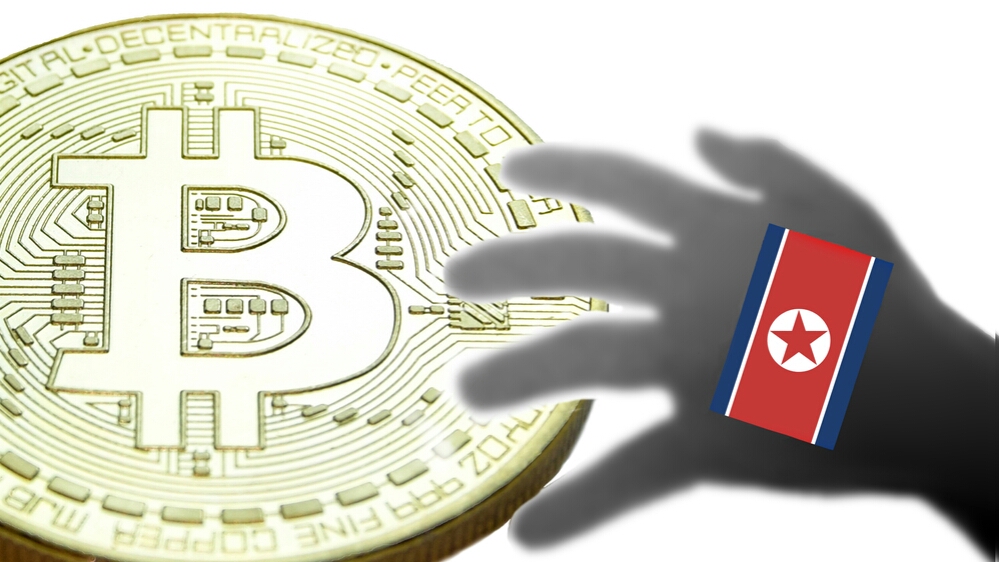
The U.N. Security Council has heard that North Korea uses cyberattacks and blockchain technology to evade economic sanctions and obtain foreign currency. Through hacking, the reclusive Republic has raked in around $670 million in foreign exchange and cryptocurrency, a panel of experts told the Security Council’s North Korea sanctions committee, ahead of the council’s annual report.
Also read: Social investment Platform Etoro Launches in 30 US States
Crypto Exchanges and Financial Institutions Hacked
Pyongyang is reeling from a slew of economic sanctions imposed by the U.N. at the request of the United States over its nuclear and missile programs. The embargo has crippled North Korea’s coal exports, a major foreign exchange earner.
According to the Nikkei Asian Review, which claims to have obtained the panel’s report, the North cyberattacked overseas financial companies from 2015 to 2018, and used blockchain technology to cover its tracks.
Between January 2017 and September 2018, the Democratic People’s Republic of Korea successfully hacked cryptocurrency exchanges in Asia at least five times, with losses totaling $571 million, the panel estimated. The attacks are understood to have been carried out by a specialized military unit and are now a crucial part of North Korean government policy, the article detailed.

The panel did not name the affected trading platforms but Japanese exchange Coincheck reported in January 2018 the theft of $530 million worth of the NEM cryptocurrency during an attack. Another cyberattack in September last year on Zaif, a crypto exchange operating out of Japan, left a financial hole of $60 million.
In South Korea, more than 10 million users of e-commerce platform Interpark had their personal information stolen in cyberattacks. Hackers demanded a ransom of $2.7 million in exchange for returning the stolen data. The South Korean government believes the attacks were carried out by the North and the U.N. expert panel is convinced they were meant to obtain foreign currency.
Evading Economic Sanctions
In its report, which is due to be submitted formally within days, the U.N. panel explained:
[Cryptocurrencies] provide the Democratic People’s Republic of Korea with more ways to evade sanctions, given that they are harder to trace, can be laundered many times and are independent from government regulation.
The experts pointed out that the North Korean government created a pool of illicit funds from hacking since 2016. It recommended that state parties “enhance their ability to facilitate robust information exchange on the cyberattacks by North Korea with other governments and with their own financial institutions,” to detect and prevent the North from circumventing the sanctions.

North Korea also stands accused of using the anonymity of virtual currencies to get around economic sanctions, the Nikkei Asian Review reported. For example, Marine Chain, a Hong Kong-based company, which buys and sells ships using blockchain, is believed to have supplied North Korea with cryptocurrency until it was eventually shut down in September 2018.
What are your thoughts on North Korean cyberattacks on cryptocurrency exchanges? Let us know in the comments section below.
Images courtesy of Shutterstock and Nikkei Asian Review.
Express yourself freely at Bitcoin.com’s user forums. We don’t censor on political grounds. Check forum.Bitcoin.com
Previous Articles:
- US Attorney Charges Siblings Responsible For OneCoin Pyramid Scheme
- German Finance Ministry Calls for Regulated Blockchain Securities Market
- Most Popular Cryptocurrencies in India According to Exchanges
- Germany Proposes Government-Run Register For Blockchain Industry
- NEM Foundation Charts Path Forward After $8 Million Rescue, Major Cutbacks
